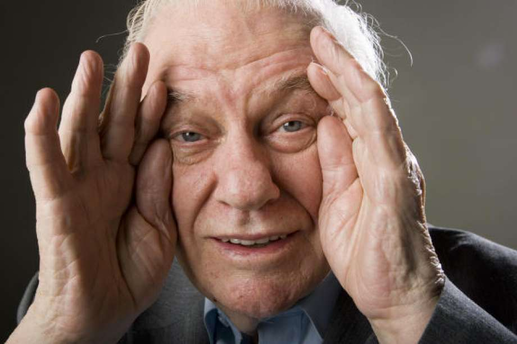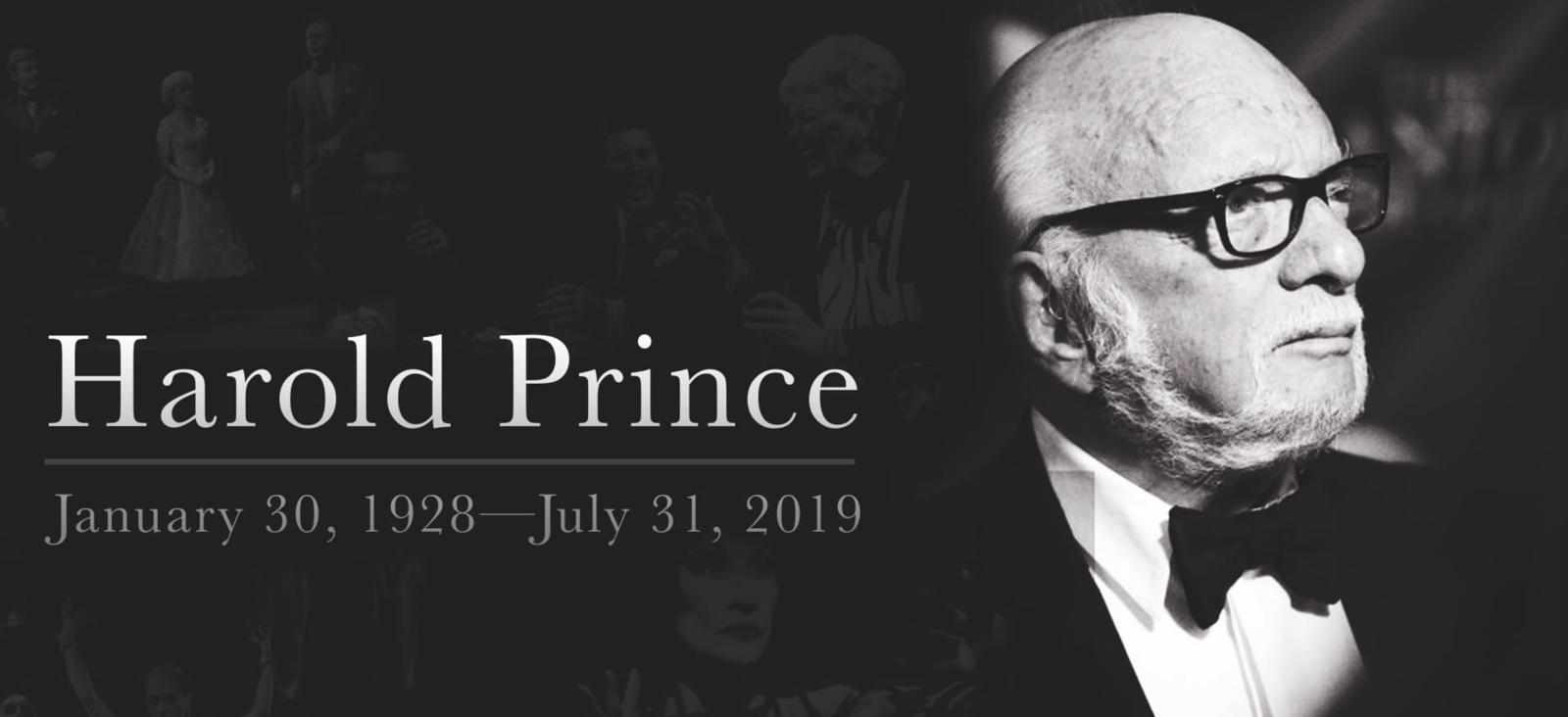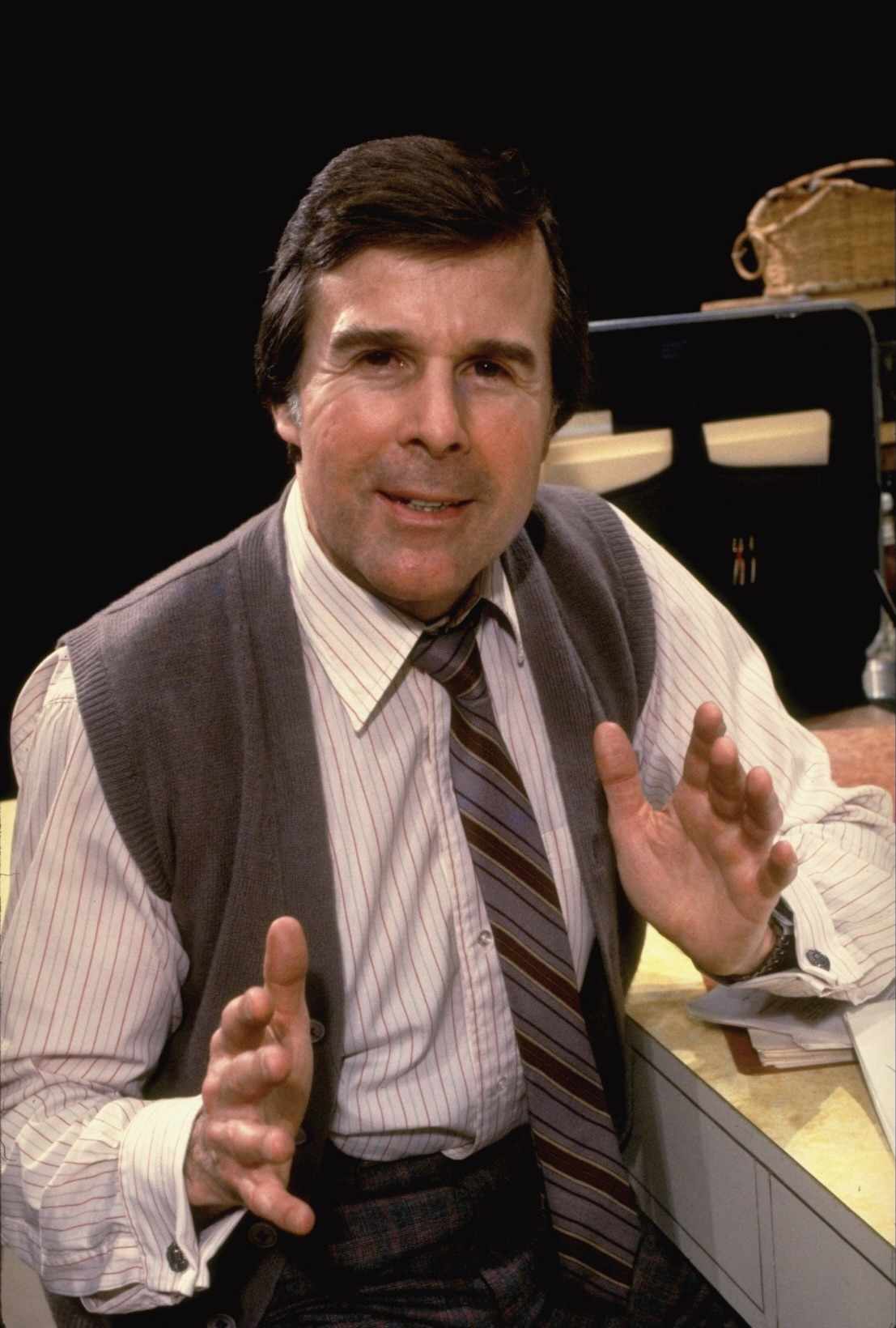
June 9, 2025: Theatre Yesterday and Today, by Ron Fassler.
The Tony Awards have been broadcast on national television since 1967. At age 10, I watched that first ceremony on my parents' 17" black and white TV and I've never missed one since. I've even attended the ceremony several times, last night being one of them. My first Tonys was in 1972 (the 26th annual show) when I was 15 and somehow managed to buy a $10 ticket in the last row of the Broadway Theatre. Even though I was incredibly high up and far back, I could still make out Alfred Drake, Ethel Merman, and Henry Fonda among the dozens of famous names who graced the stage. The $25 cost of my rented tux was two times plus what I paid for my ticket and I sure I wish I had a photo from that night (my hair was down to my shoulders). But no one thought to take one. Instead, here's one of me from last night, 53 years later:

This year's Tonys, the 78th, was a spectacular event. Back at the Radio City Music Hall for the first time since 2022, the 6,000 in attendance made for an enthusiastically boisterous crowd. A personal favorite was the lengthy applause that greeted Harvey Fierstein's Lifetime Achievement Tony in the pre-show that was not part of the CBS broadcast. Fierstein's speech was deeply touching and profoundly moving—and funny—and so well deserved. Fierstein's lifetime in the theatre has been one of unexpected and supreme accomplishment . . . and he's hardly finished. Playwright Tony Kushner was the ideal person to present, speaking wisely and humorously about Fierstein's impact on the theatre and our culture. We're blessed to still have Harvey as an important benefactor, ally, and playwright. He just turned seventy-three three days ago and who knows? We may see him win another competitive Tony to add to his already stuffed shelf of four of those little babies (now five). Other prolonged ovations for popular winners included Broadway newcomer Nicole Scherzinger (Sunset Blvd), and Broadway veteran Francis Jue (Yellow Face). Jue had one of the most poignant and significant wins of the night as his victory makes him the first male actor of Asian descent to win a Tony since B.D. Wong in 1988 for M Butterfly in the same category. It was a good night overall for AANHPI artists, with wins for Scherzinger (Hawaiian, Filipina, and Ukrainian), and Darren Criss, who also made history as the first partly Asian American actor to win Best Actor in a Musical (he is of Filipino, Chinese, and Spanish descent on his mother's side, and English, German, and Irish on his father's). Shout outs also to Tony winner Marco Paguia (Filipino) for his Orchestrations for Buena Vista Social Club, Hue Park (Korean), two Tonys for Best Book and Best Score for Maybe Happy Ending (his marking his status as "single" in the first of his two speeches wound up the thread of some very funny jokes throughout the evening). The first words Francis Jue spoke when he reached the podium were meaningful and eloquent: "Twenty years ago, wonderful actor, singer, Alvin Ng, gave me this tux. He had it made for himself for the opening of Pacific Overtures on Broadway in 1976. And when he gave it to me, he told me he wanted me to wear it when I accepted my Tony Award."
I would like to think that Alvin Ing, who died in 2021 at age eighty-nine, is certainly smiling down on his friend.

Cynthia Erivo proved an adept host. Confident and in control, her comedy bits worked and, whenever she sang, well... come on. She's a wonder. Both the opening number, written by Marc Shaiman and Scott Whitman and Benj Pasek and Justin Paul, was a winner and her closing wrap up over the credits with new lyrics to "I'm Telling You I'm Not Going" that recapped the night was a great way to go out on a high. I also found that both hers and Sara Bareilles‘s singing on the “In Memoriam” section was pitch-perfect in tone and delivery.
In terms of the live performances offered at Radio City Music Hall last night, for sheer theatricality and joy, the original cast ten-year reunion of Hamilton was the most thrilling. Not only seeing Lin-Manuel Miranda and Leslie Odom Jr recreating their iconic roles of Hamilton and Burr, but Christopher Jackson was back as George Washington, Okieriete Onaodowan as Hercules Mulligan, and the truly sensational Marquis de Lafayette of Daveed Diggs, rapping at speeds unknown to mankind. The Schuyler sisters were adorable as ever with Phillipa Sue (Eliza), Renée Elise Goldsberry (Angelica), "and Peggy" (Jasmine Cephas Jones) sounding pristine. And future Tony and Oscar winner Ariana DeBose tore it up in the ensemble, alongside the original Hamilton alternate Javier Muñoz and, of course, Jonathan Groff as King George. This was a reunion for the ages, all of whom should most definitely return in 2035 for the 20th. If you missed it, here it is courtesy of CBS:
In terms of what numbers came off great in the Hall and that I've had the chance to rewatch on YouTube, I think the box office receipts will reflect upticks for Sunset Blvd, Buena Vista Social Club and Just in Time, and less so for some of the other musical numbers presented. It's very tricky to pull a song out of context in such well-integrated musicals as Maybe Happy Ending and Operation Mincemeat. About the current online debate on the effectiveness of Audra McDonald's "Rose's Turn," the number chosen to represent Gypsy as Best Revival, there's a lot to say. The song is the culmination of everything that's happened to the character of Rose over the preceding two and a half hours of the story and launching into such a devastating apotheosis for both the character and actor requires immediately going from zero to sixty. For me, it felt as if McDonald was starting at sixty and then had nowhere to go except off the dial. I saw her do this song twice to perfection in the theatre, but from my seat in the cavernous Radio City Music Hall it seemed too big and in watching it today on YouTube it can't help but come off as overwrought without reflecting adequately how great she is in the show. The histrionics on display left little room for subtlety, something McDonald most certainly achieves at other points in performance as Rose. Here is the version from last night alongside that of Bernadette Peters, who sang it in 2003 on the Tonys telecast. I won't weigh in who's better (a pointless argument as they're so different,) but discuss amongst yourselves which one you think makes for better television:
As for the main takeaway from the 3 hours and 45 minutes I was in my seat, I'm continually fascinated by the quality of the speeches given at the Tonys, always the best of any of the awards shows. I know many tune in for the musical numbers, but as stated, they often can't convey the alchemy of magic that makes them so special when you see them in a theatre in the context of the storytelling. But last night so many people brought their game to their speeches, even if far too many still resorted to bringing out a list in fear of leaving someone out. That's too bad. Fear shouldn't dictate the speech even when being delivered in front of 6,000 in the audience and millions more watching from their homes. However, when true emotion takes over it overrides things by way of genuine sincerity, as in the case of Nicole Scherzinger's moving and inspiring speech. Though she read it, it was heartfelt and extremely well-written.

Like Fierstein’s, two other memorable speeches of the night were in the Act One portion of the show, broadcast via the Pluto app, not on CBS. The special Tony for excellence in theater education voted to Gary Edwin Robinson, head of the theater arts program at Boys and Girls High School in Brooklyn was such a popular choice that he received the evening's first standing ovation before he made his beautiful speech. Blessed with the kind of stentorian tones meant for Voiceover work, Robinson's dictate to his students interested in going into the profession to “find the theater in themselves” was not only rich advice, but said with the kind of passion that lets you know this is a teacher whose disciples listen and learn.

The other most beautiful and moving speech, also from the pre-CBS broadcast, came from Celia Keenan-Bolger, a former Tony winner for her exquisite performance as Scout in 2018's To Kill a Mockingbird. Last night, she received the Isabelle Stevenson Award for those in the profession who offer their time and talents to humanitarian, social service, or charitable organizations. Keenan-Bolger's work has been ongoing for years and she is a mighty warrior, whose words and deeds are exemplary. Recently, she has helped initiate a partnership with the American Theater Wing to support the newly christened Gavin Creel Fellowship. In Creel's own words, before he died this past year at age forty-eight, when Keenan-Bolger told him she wanted to do something like that in his honor, he told her that the money "should be for young actors who don't come from money to have support when they move to New York City." Thus, the Fellowship has been fully launched and has some important benefactors behind it. As Keenan-Bolger put it so splendidly: "This feels like spiritual encouragement for me to keep caring and directing our collective energy towards helping the most vulnerable among us so that we can shine our mighty compassionate light and make this world a better place." For information on how to give, please visit here:
Finally, what made this Tony night so special was all the talk of community by those who made speeches, turning the evening into one of compassion and acceptance amidst all the exhausting energy of who might win or lose. Having lived in Los Angeles for thirty years between 1985 and 2015, I worked in what is laughably called the Film Community. I'm here to tell you there is no Los Angeles Film Community. It's mostly just a bunch of people who share similar jobs all looking out for themselves. The Broadway community walks the walk and talks the talk. Maybe it has to do with how congested things are what with Broadway only ranging from 41st to 54th Streets, with an occasional detour twice a season up to Lincoln Center at 65th. Everyone walks the same dirty streets and breathes the same polluted air, squinting when things get rough in order to pretend it's somehow London or Paris, where things are cleaner. But the truth is that we love our theatre district, even if many of us voluntarily choose to walk on 8th Avenue instead of Times Square these days (and whoever thought in their wildest dreams that would one day be a preference?).
For the last word in a night of great speeches, it's hard to top what Jak Malone had to say as he quickly wound up after receiving the Tony as Featured Actor in a Musical for his work in Operation Mincemeat. His performance of Hester, a middle-aged war widow, who steps up in Act One with a six-minute solo song that stops the show at every performance, is possibly the most astonishing six minutes of the entire Broadway season. With the song about so many things it conveys, it felt as if his speech tied it up with as pretty a ribbon and bow possible.
"The last thing I wanted to say is this," Malone said. "Eight times a week, I walk out on that stage and tell the audience that I'm a woman. I'm not one, and I only convey it through simple adjustments to posture, voice, and energy, but night after night, audiences believe in Hester. They weep for her, they invest in her, they love her for her old romantic heart. And if you watched our show and found yourself believing in Hester, well, then I am so glad to tell you that intentionally or otherwise, you might have just bid farewell to cynicism, to outdated ideas, to that rotten old binary, and opened yourself up to a world that is already out there in glorious technicolor, and isn't going away anytime soon. Thank you so much."

Ron Fassler is the author of the recently published The Show Goes On: Broadway Hirings, Firings and Replacements. For news and "Theatre Yesterday and Today" columns when they break, please hit the FOLLOW button.





















Write a comment ...